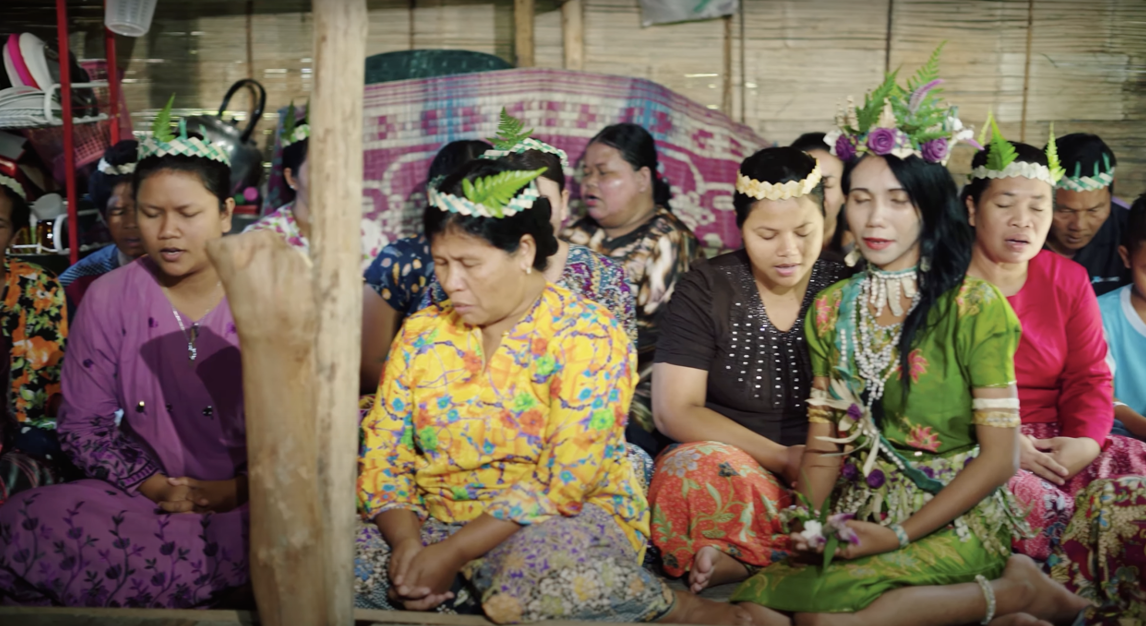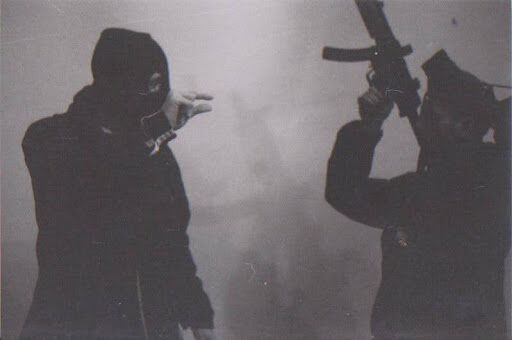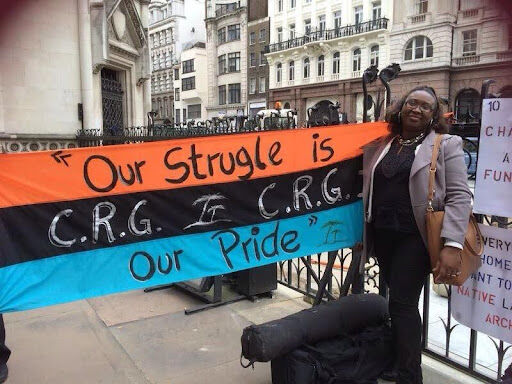Executions
Capital punishment, the death penalty, death sentence, or execution is a legal process whereby a person is put to death by the state as a punishment for a crime. Crimes that can result in a death penalty are known as capital crimes or capital offences.
The death penalty is the ultimate denial of human rights. It is the premeditated and cold-blooded killing of a human being by the state. This cruel, inhuman and degrading punishment is done in the name of justice. It violates the right to life as proclaimed in the Universal Declaration of Human Rights.
The UN General Assembly has adopted, in 2007, 2008 and 2010, non-binding resolutions calling for a global moratorium on executions, with a view to eventual abolition. Although many nations have abolished capital punishment, over 60% of the world's population live in countries where executions take place, as the People's Republic of China, India, the United States of America and Indonesia, the four most-populous countries in the world, continue to apply the death penalty (although in India, Indonesia and many US states it is only used rarely). Each of these four nations voted against the General Assembly resolutions.
Special Rapporteur on extrajudicial, summary or
arbitrary executions
The subject of summary or arbitrary executions had been discussed in the United Nations for many years within the framework of a wider discussion on human rights. The Sub-Commission on Prevention of Discrimination and Protection of Minorities had for a long time reported on this subject under the item entitled "Disappearances and summary executions".
Over the years, the Sub-Commission's reports revealed increasing instances of alleged summary executions. The Commission on Human Rights, in its resolution 20 (XXXVI), of 29 February 1980, established the Working Group on Enforced or Involuntary Disappearances. The creation of that Group, in addition to other developments, led to the establishment of the mandate on summary and arbitrary executions.
The Commission on Human Rights, by its resolution 1982/29 of 11 March 1982, recommended that the Economic and Social Council request the Chairman of the Commission to appoint an individual of recognized international standing as special rapporteur to submit a comprehensive report to the Commission at its thirty-ninth session on the occurrence and extent of the practice of summary or arbitrary executions, together with his conclusions and recommendations. This resolution was subsequently adopted by the Economic and Social Council as resolution 1982/35 and established the mandate of the Special Rapporteur.
The mandate has been renewed several times. The Commission on Human Rights, in its resolution 1992/72, renewed the mandate of the Special Rapporteur and widened the title of the mandate to include "extrajudicial" as well as "summary or arbitrary" executions. This change indicates that the members of the Commission have adopted a broader approach to the mandate on executions to include all violations of the right to life as guaranteed by a large number of international human rights instruments.
The mandate of the Special Rapporteur covers all countries, irrespective of whether a State has ratified relevant international Conventions.
The Human Rights Council, in its resolution 8/3, requested the Special Rapporteur, in carrying out his mandate:
(a) To continue to examine situations of extrajudicial, summary or arbitrary executions in all circumstances and for whatever reason, and to submit his or her findings on an annual basis, together with conclusions and recommendations, to the Council and the General Assembly, and to draw the attention of the Council to serious situations of extrajudicial, summary or arbitrary executions that warrant immediate attention or where early action might prevent further deterioration;
(b) To continue to draw the attention of the High Commissioner for Human Rights to serious situations of extrajudicial, summary or arbitrary executions that warrant immediate attention or where early action might prevent further deterioration;
(c) To respond effectively to information which comes before him or her, in particular when an extrajudicial, summary or arbitrary execution is imminent or threatened or when such an execution has occurred;
(d) To enhance further his or her dialogue with Governments, as well as to follow up on recommendations made in reports after visits to particular countries;
(e) To continue monitoring the implementation of existing international standards on safeguards and restrictions relating to the imposition of capital punishment, bearing in mind the comments made by the Human Rights Committee in its interpretation of article 6 of the International Covenant on Civil and Political Rights, as well as the Second Optional Protocol thereto;
(f) To apply a gender perspective in his or her work.
In carrying out his/her mandate, the Special Rapporteur:
a) Transmits urgent appeals to States in cases that evince a fear of imminent extrajudicial, summary or arbitrary executions and transmitting alleged cases of extrajudicial, summary or arbitrary executions to concerned Governments in the form of case summaries (See Individual Complaints);
b) Undertakes fact-finding country visits;
c) Submits annual reports on activities of the mandate and methods of work to the Commission and the General Assembly.
Justice, Human rights, Geneva, geneva4justice, GICJ, Geneva International Centre For Justice







